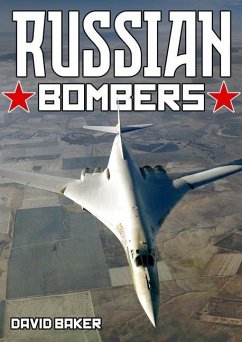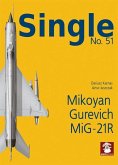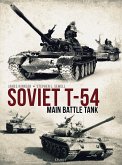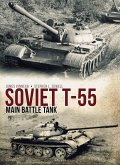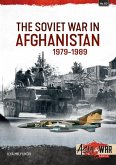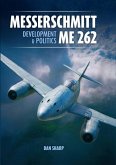"...provides a wealth of detailed knowledge and inside stories on the politics and technological development of weapons systems in the Soviet Union and post-Soviet Russia. There are many high-quality photographs and layouts. It is a worthy reference book for historians and technologists alike and is definitely worth the read." -- The Journal of the Air Force Historical Foundation Strategic bombing had proved decisive in helping the Western allies bring Nazi Germany to its knees during the Second World War but the Soviet Union had never developed an equivalent capability - an oversight it would rapidly address as the cold war began in earnest. Immense efforts to reverse-engineer interned American B-29 Superfortresses resulted in the fearsome Tupolev Tu-4 - and heralded a bold new era of heavy bomber design in Russia and across the Soviet Union. Within a few short years, the advanced swept-wing Tu-16 jet bomber, codenamed Badger by NATO had made its first flight. This was swiftly followed by the legendary turboprop-powered Tu-95, codenamed Bear, which remains a symbol of Russian air power today. Less than a decade later, the Soviet Union was flying the mighty long-range Myasishchev M-4 Bison and the supersonic Tu-22 Blinder, both of which raised grave concerns in the West when their existence became known. By the early 1970s, the highly capable Tu-22M Backfire had joined the Soviet arsenal and then, as the Iron Curtain fell and the world changed, so too did Russian bomber technology. Secret advancements in stealth and precision strike capabilities led to the creation of the Tu-160 Blackjack, a supersonic behemoth capable of carrying a devastating payload of cruise missiles. But the story doesn't end there; the turbulent post-Soviet era saw Russia reemerge onto the global stage with a succession of upgrade programmes taking the venerable Tu-95, the Tu-22M and Tu-160 into the modern age with cutting-edge systems and weapons. From the depths of history to the forefront of modern warfare, Russian Bombers showcases the remarkable engineering prowess, strategic innovation, and indomitable spirit that define these iconic warplanes. Through meticulous research and gripping narratives, author David Baker sheds light on the pivotal role Russian bombers have played - and continue to play - in shaping world events.
Hinweis: Dieser Artikel kann nur an eine deutsche Lieferadresse ausgeliefert werden.
Hinweis: Dieser Artikel kann nur an eine deutsche Lieferadresse ausgeliefert werden.

